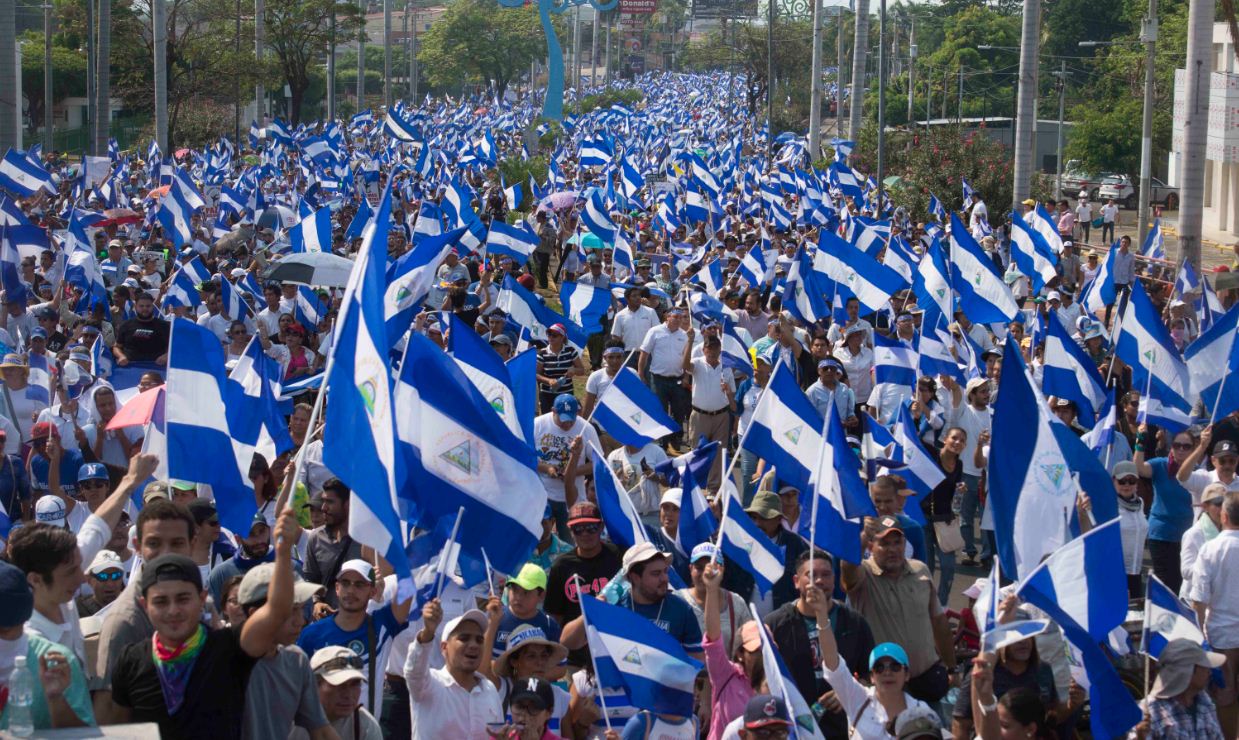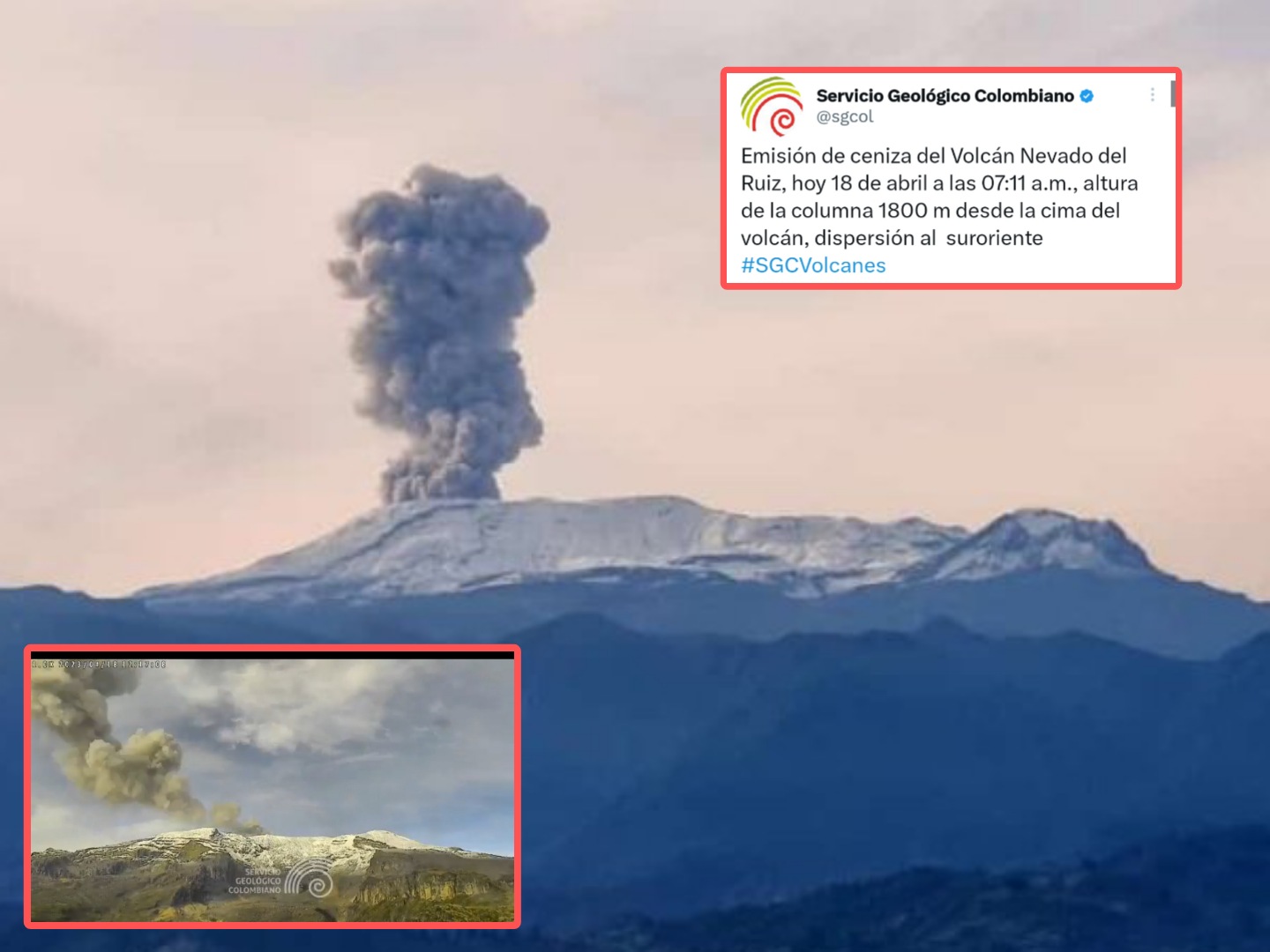MADRID, Spain.- A group of Cuban activists, journalists and opponents denounced before the Organization of American States (OAS) the violation of human rights in Cuba; situation that has increased since the protests of July 11, 2021 (July 11) and the repression unleashed by President Miguel Díaz-Canel.
In the presentation to a meeting held this Tuesday in Washington, organized by the OAS, Luis Almagro, secretary of the organization, remembered that freedom of opinion and expression is a fundamental right recognized in the Universal Declaration of Human Rights. “However, this right has been limited in Cuba since at least 1959.” “The situation is critical,” said the headline and stressed that “cases of intimidation and harassment of those who denounce the violation of human rights in the country are constantly being reported.”
Almagro pointed out that the OAS has an important role to play, because “Cubans have the right to democracy, they cannot be the exception.” Likewise, he pointed out that “the situation of Cuba and of the political prisoners cannot be made invisible.”
He also stressed that although Cuba ceased to participate in the OAS, it continues to be a member state, and is subject to compliance with the human rights obligations established in the American declaration of 1948 and to its supervision by the competent body of the OAS.
In recent years, repression against Cuban artists (as well as journalists and human rights activists) has increased for their criticism of the political and social situation in the country.
Cubans have the right to democracy, they cannot be the exception.
My words on panel about #Cuba pic.twitter.com/th8DKfCTUK— Luis Almagro (@Almagro_OEA2015) April 18, 2023
For his part, javier larrondo, president of Prisoners Defenders, in the OAS panel on “Cuba, Violation of Human Rights and Fundamental Freedoms: Fear and Intimidation”, said that Cuba is the third country in the world by number of urgent actions of forced disappearance of the United Nations ; the third since data was available in 2012.
“In 2021 Cuba surpassed Mexico and Iraq and was the first in the world. This can be read in the Annual Report of the Committee against Enforced Disappearances of the United Nations”, she said.
Javier Larrondo also said that currently in Cuba there are 1,066 people imprisoned for political reasons, including minors.
Words from the President of Prisoners Defenders @PrisonersDFNdrs javier larrondo @jlarronin the OAS panel on “Cuba, Violation of Human Rights and Fundamental Freedoms: Fear and Intimidation” (1/3) pic.twitter.com/lFxANouWMf
— OEA (@OEA_oficial) April 18, 2023
While Edgar Stuardo Ralón Orellana, the rapporteur on the rights of persons deprived of liberty of the Inter-American Commission on Human Rights, which is part of the OAS, explained that in Cuba the violations of freedom of expression and association are of systematic origin and generalized, part of the mechanisms through which the regime stays in power and part of a state policy that denies basic freedoms to citizens.
Orellana affirmed that the Commission received complaints and documented the regime’s strategies to attack freedom of expression and censor those who dissent. Among these strategies, he pointed out arbitrary arrests, interrogations, Internet censorship, travel bans and threats to his relatives. These repressive methods are not new, but “continue to worsen rapidly,” he denounced.
Among others, the art historian Anamely Ramos, the journalist Monica Baro and the artist and music producer Anyelo Troya.
Words by the Cuban journalist Mónica Baró @Mona_Cuba in the OAS panel on “Cuba, Violation of Human Rights and Fundamental Freedoms: Fear and Intimidation” (2/2) pic.twitter.com/ji4l9CDkbe
— OEA (@OEA_oficial) April 18, 2023





